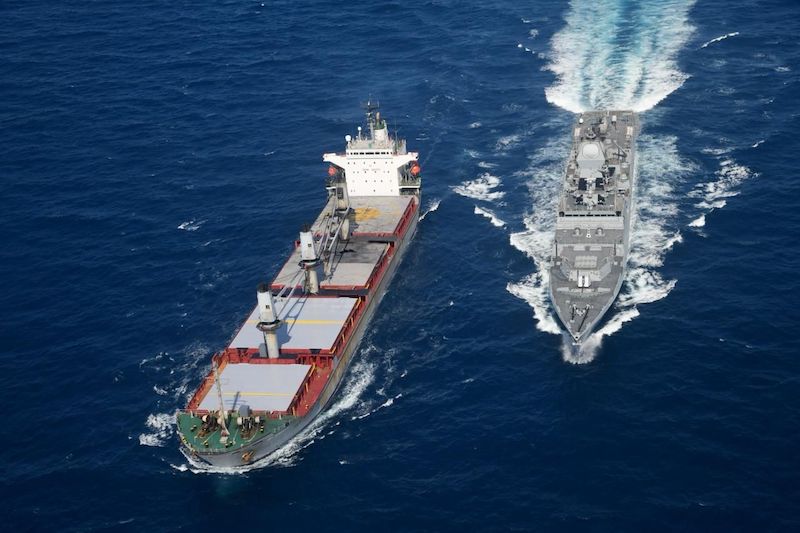Ship crews reach out for support as Red Sea GPS spoofing
Marlink Urges Maritime Safety Amid GPS Jamming Threats

With a rise in physical attacks on shipping by Houthi rebels in the Red Sea, the maritime industry faces another alarming challenge: GPS jamming and spoofing. These tactics disrupt critical navigation systems, jeopardizing the safety of vessels and their crews. Marlink, a leading maritime communications provider, is stepping up to offer guidance and support to ships navigating these high-risk areas.
Rising Threats and Immediate Solutions
The surge in GPS interference is becoming increasingly evident, with reports of vessels experiencing erratic navigation signals. For instance, ships have been recorded traveling at supersonic speeds or appearing to be located on land, often circling areas that are under threat. Such RF-cyber attacks not only impair navigation but also compromise essential GMDSS safety services, which are crucial for sending distress signals in emergencies.
Marlink has seen a dramatic increase in support requests this year, reflecting the growing concern among maritime operators. In July 2024, the company received an average of one call every two weeks from clients reporting GPS unavailability. By mid-July 2025, that number escalated to over 150 separate reports in just one day. To combat these issues, Marlink’s center of excellence at its Eik teleport is advising clients on manual workarounds and developing more resilient GNSS communication products.
The weak nature of satellite signals as they approach the earth makes them susceptible to interception, and even modern satellite systems like Starlink depend on GPS for their operations. Marlink recommends that vessels entering high-risk areas cross-reference GPS readings with alternative navigation systems such as Beidou, Glonass, and Galileo. This multi-system approach can help validate positioning data and identify discrepancies that may indicate jamming or spoofing.
Long-term Strategies for Resilience
When faced with a potential GPS spoofing attack, the instinct may be to shut down all navigation systems. However, this reaction can exacerbate the situation, as the spoofed signals may already render the system ineffective. Maritime satellite antennas automatically attempt to lock onto the strongest available signal, which can lead to erroneous position reporting if a spoofed signal is present.
Marlink is actively working to enhance the resilience of its GNSS solutions. By continuously monitoring positioning data from multiple sources, the company’s engineers can quickly identify when a vessel is exhibiting impossible sailing speeds or receiving GPS signals that suggest land-based interference. This proactive approach allows for a reduction in unnecessary satellite switches, streamlining the navigation process.
Looking to the future, Marlink aims to develop advanced solutions that analyze signals to discern their origin—whether from space or land—enabling mariners to better assess the validity of their navigation data. As maritime safety faces new challenges, the industry’s adaptability and innovation will be key in ensuring the security and efficiency of global shipping operations.
